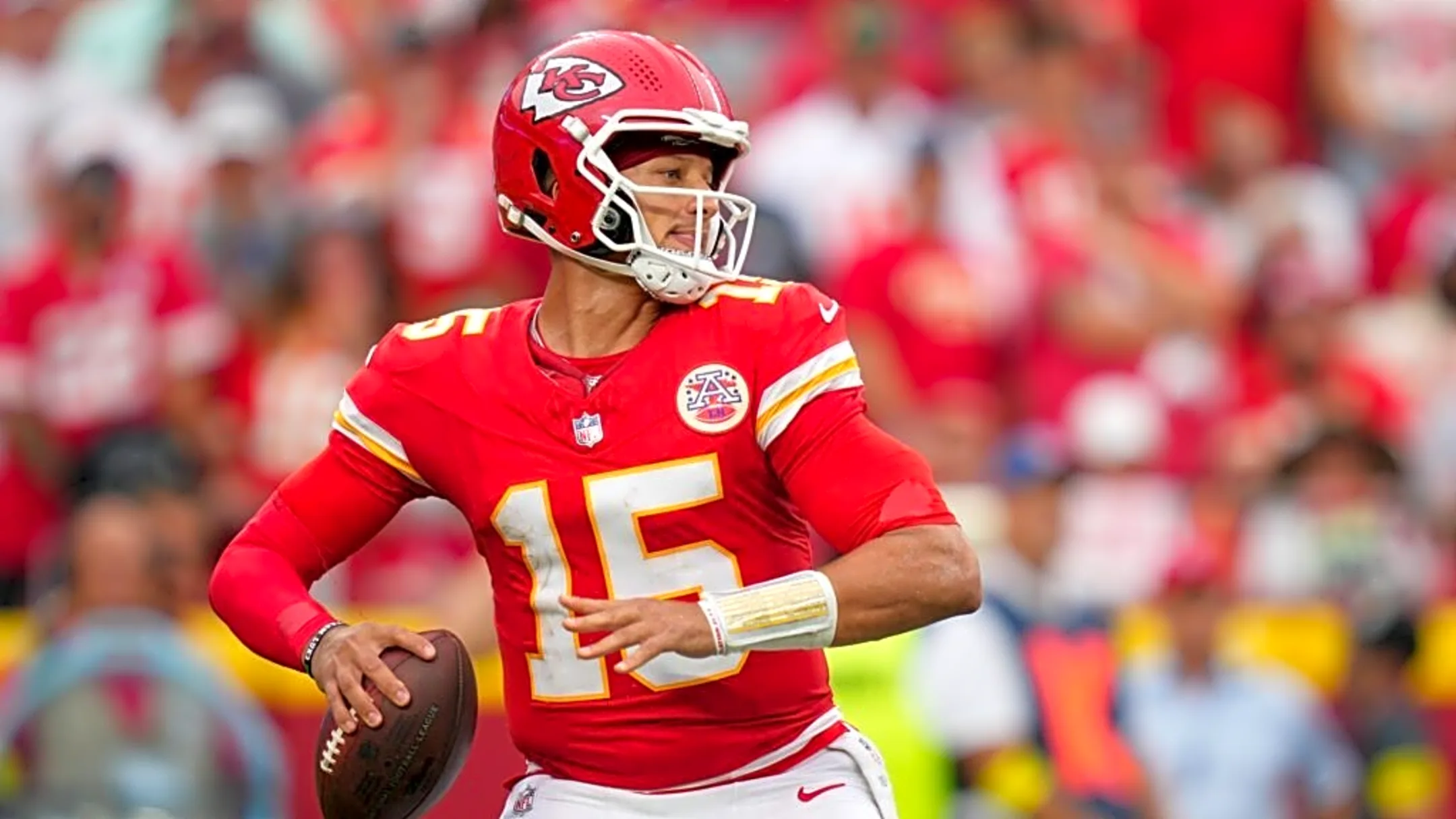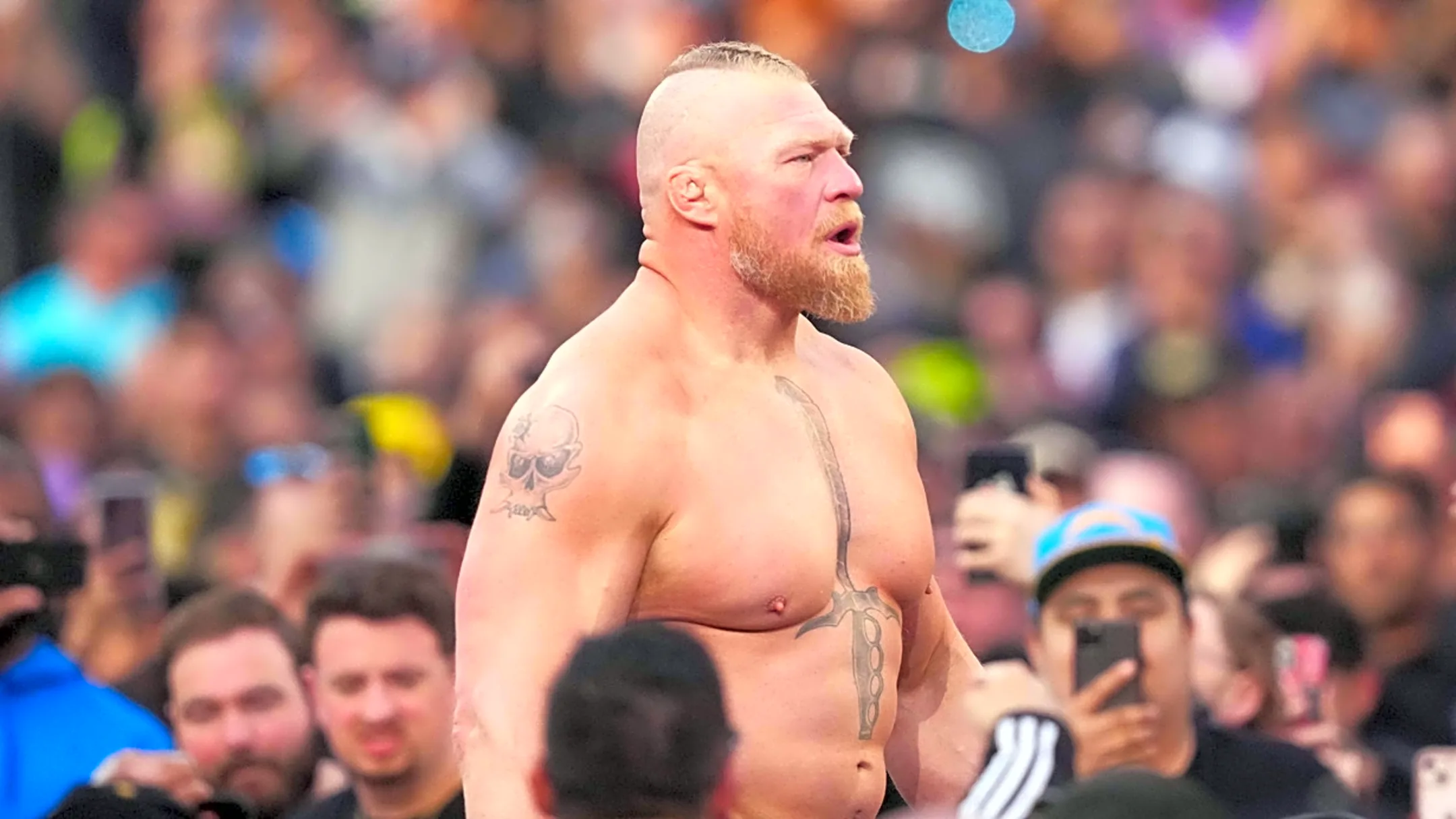By Trishla Ostwal
Copyright adweek

Note: ADWEEK editorial staff participated in judging the awards given at the Agency Summit.
In May, Meta CEO Mark Zuckerberg floated a world where AI could run the entire ad process—from making creative, targeting, and tracking sales. On a podcast with Stratechery’s Ben Thompson, Zuckerberg called it “a redefinition of the category of advertising.”
Industry executives read it as a threat to disrupt ad agencies.
Fast forward to Meta’s closed-door Agency Summit in New York this week, and the message looks markedly different. According to the event agenda, reviewed by ADWEEK, Meta said it was “doubling down on our commitment to agencies by focusing on building agency resources and tooling with growth in mind.” Meta highlighted its existing AI-powered offerings to advertisers—like the Instagram Creator Marketplace and Partnership Ads Hub—and handed out free training vouchers on how to use Meta’s ad tools.
The vouchers give advertisers access to Blueprint training courses that certify agencies on platforms like Instagram and WhatsApp for advertising. A spokesperson for Meta confirmed that vouchers were given out at this week’s event, adding that free training is common at other Meta events.
One agency executive who attended the event described the summit as a “total 180” from agencies’ concerns about Zuckerberg’s previous comments. Rather than replacing agencies, Meta framed the tools as “convenience boosters” designed to help agencies operate more efficiently within Meta’s ecosystem.
A spokesperson for Meta told ADWEEK that the company has not changed its commitment to agencies and disagreed with the “total 180” characterization of its relationships with agencies.
Meta’s ad empire
Ninety-seven percent of Meta’s revenue came from advertising in 2024, and AI helped ad revenue to grow 21% during the second quarter. That money bankrolls the company’s AI ambitions—from chips to data centers. While Meta frames its AI ad tools as a way to ease the workflows of agencies and small brands with limited budgets, the underlying algorithm is steadily nudging advertisers toward first-party data and automation, making agencies necessary data providers and enablers for advertisers.
“In the not-too-distant future, we want any business to just tell us what objective they’re trying to achieve, how much they’re willing to pay, connect their bank account, and then we just do the rest,” Zuckerberg said during the company’s annual shareholder meeting in June.
Some of that vision is already rolling out through Meta’s AI tools where advertisers simply input campaign objectives and AI does the rest. This includes its media-buying platform, Advantage+, and its Creator Discovery and Recommendations. These tools surface organic content that could perform well as paid ads.



